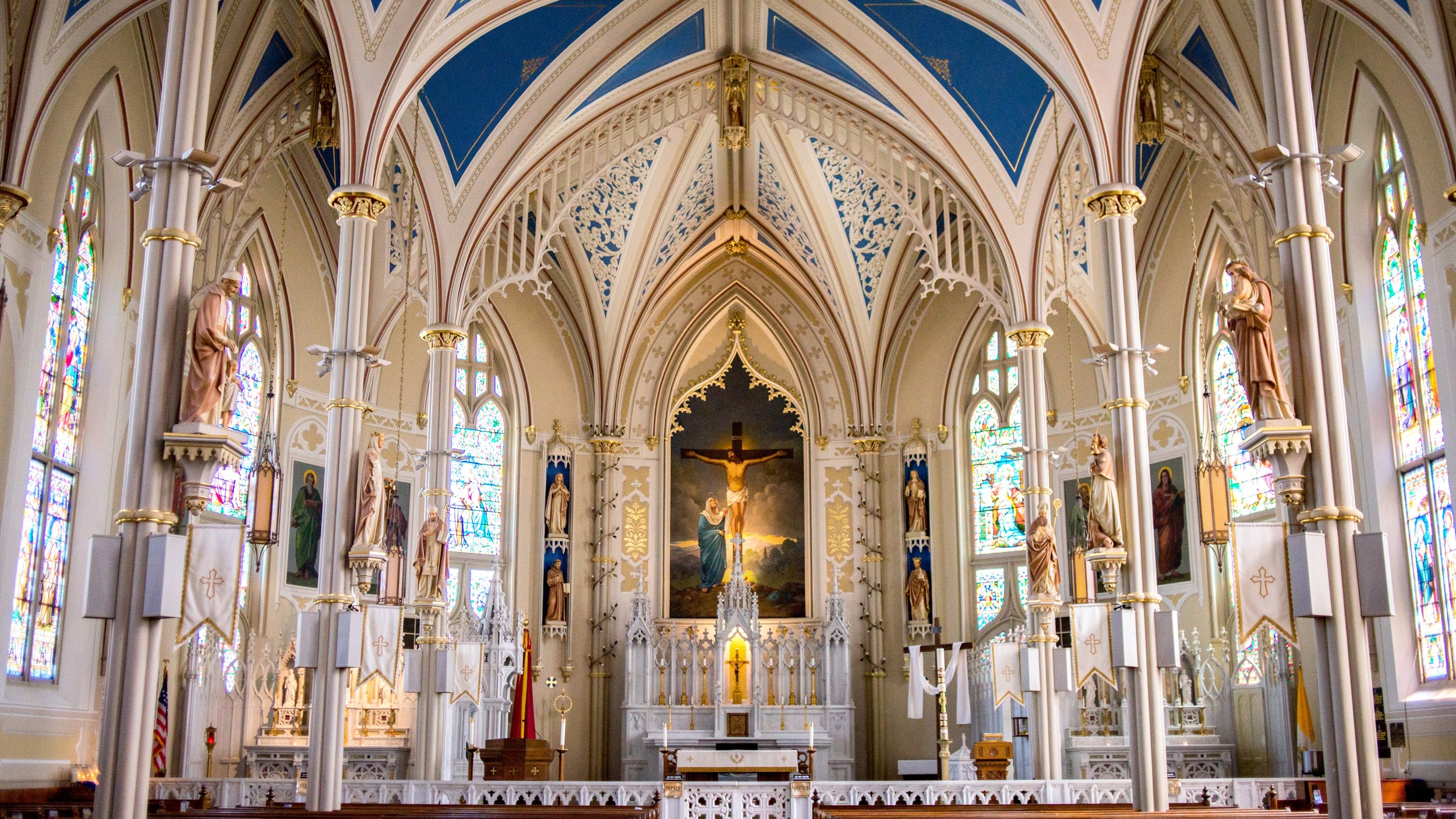Breaking Ecumenical Barriers
Catholics and Protestants have a long and complicated history, full of both bitter conflict and reconciliation. However, despite warming relations and accelerating ecumenical efforts in the modern era, they too often struggle to have productive dialogue.
Many of the difficulties stem from using terms or making arguments that rely on radically different assumptions or underlying beliefs. If we are not careful to properly set the context and define our terms upfront, we end up talking past each other. Fortunately, the detour is avoidable with a little preparation.
To overcome this problem, lay ground rules that help facilitate healthier back-and-forth discussions. Take time at the beginning of a conversation to explain how you are using key phrases or concepts and ask the other person to clarify how they interpret things. For example, what exactly is meant by a term like “salvation” or “grace”? Don't assume a shared understanding. Put in the work and find out. Even if you think you already know, confirm.
Equally important is the spirit of your approach: conduct the conversation with empathy, not antagonism. We must aim to understand the other person’s perspective — not simply rebut their point. Try to see why someone believes what they believe, celebrating any common ground you uncover before revisiting the lingering differences.
Of course, meaningful dialogue does not necessarily mean full agreement. But even in recognizing the divisions that remain, focusing on understanding rather than scoring points will lead to fruitful outcomes. We see this firsthand everyday.
By engaging with another viewpoint, we can develop a heightened appreciation for different positions as well as to find unexpected nuances in our own long-held beliefs. And by embodying a spirit of empathy in our interactions, we model Christ, the cornerstone of virtue that should define all ecumenical interactions. May a shared love for our Lord compel and guide us as we seek truth through conversation.
While 500 years of division will not be overcome easily, through deliberate work to surmount communication barriers, Catholic-Protestant dialogue can progress in a more constructive and promising direction.
If you have questions about Catholicism and would like to personally discuss them, we’d love to chat. Please contact us and someone on our team will reach out shortly to connect with you.

